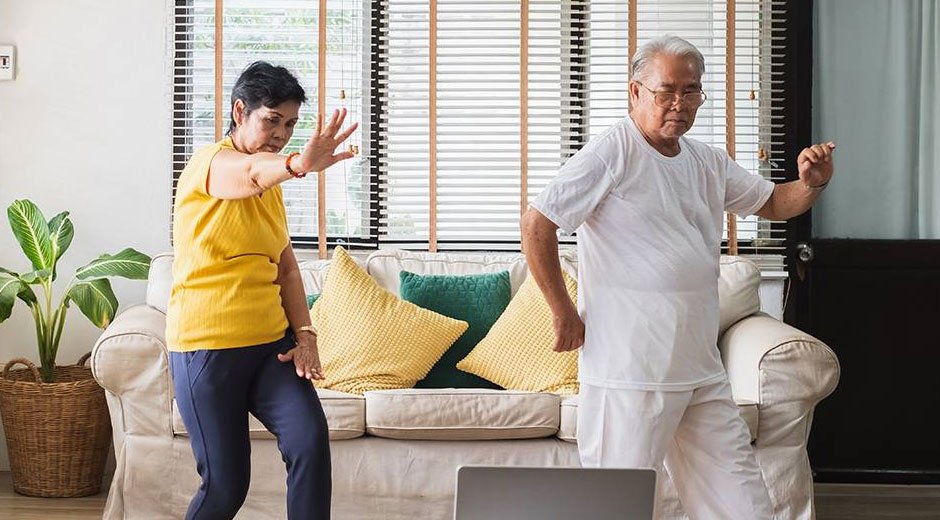When people think of care homes, they often imagine a place where older adults lose their autonomy, relying heavily on staff for daily tasks. However, modern care homes are increasingly designed to promote independence, giving residents the freedom and support to live fulfilling, self-directed lives. In fact, moving to a care home can sometimes enhance an individual’s sense of control, confidence, and capability in ways that living alone might not.
Table of Contents
Structured Support That Encourages Choice
One of the key ways care homes foster independ@nce is through a structured environment that balances safety with personal choice. Older adults may struggle with household chores, cooking, or maintaining a home as they age. A care home provides assistance with these tasks while allowing residents to decide how they want to spend their day. For instance, residents can choose which activities to participate in, what meals to enjoy, and when to socialize. This autonomy encourages self-determination, which is essential for maintaining mental and emotional wellbeing.
Building Social Connections
Another factor is the social opportunities available in care homes. Loneliness can severely impact an older adult’s ability to function independently, leading to depression and decreased motivation. Living in a community of peers helps foster social engagement and provides opportunities for residents to make decisions about socializing, forming friendships, and participating in group activities. These interactions promote cognitive stimulation and emotional resilience, both of which are crucial for independent living.
Maintaining Physical Health
Physical health is another area where care homes can enhance independence. Many facilities offer tailored exercise programs, physiotherapy, and mobility support, helping residents maintain strength, balance, and stamina. Rather than becoming dependent on family members for physical assistance, residents can access professional guidance and resources to continue performing daily tasks themselves. For example, someone recovering from a minor injury can regain confidence in walking or managing personal care while still having staff nearby for support if needed.
Mental Stimulation and Personal Growth
Mental engagement is equally important. Modern care homes provide activities designed to challenge the mind, from memory games and creative workshops to educational sessions and technology classes. Encouraging residents to learn new skills or pursue hobbies fosters a sense of accomplishment and self-reliance, countering the notion that aging automatically leads to dependency.
Choosing the Right Care Home
Importantly, choosing the right care home can make a significant difference. Facilities such as a care home in Nantwich focus on creating environments where older adults are encouraged to lead active, autonomous lives. With staff trained to provide support without taking over daily routines, residents can enjoy a balance of safety and freedom that enhances independence.
A New Perspective on Independence
Ultimately, independence in older age is about more than just performing tasks alone. It is about making choices, maintaining social connections, staying physically and mentally active, and feeling empowered in daily life. Care homes, when designed with these principles in mind, can provide older adults with the structure and support they need to thrive, rather than merely survive. Far from limiting independence, care home living can be a catalyst for personal growth, confidence, and a renewed sense of purpose.
